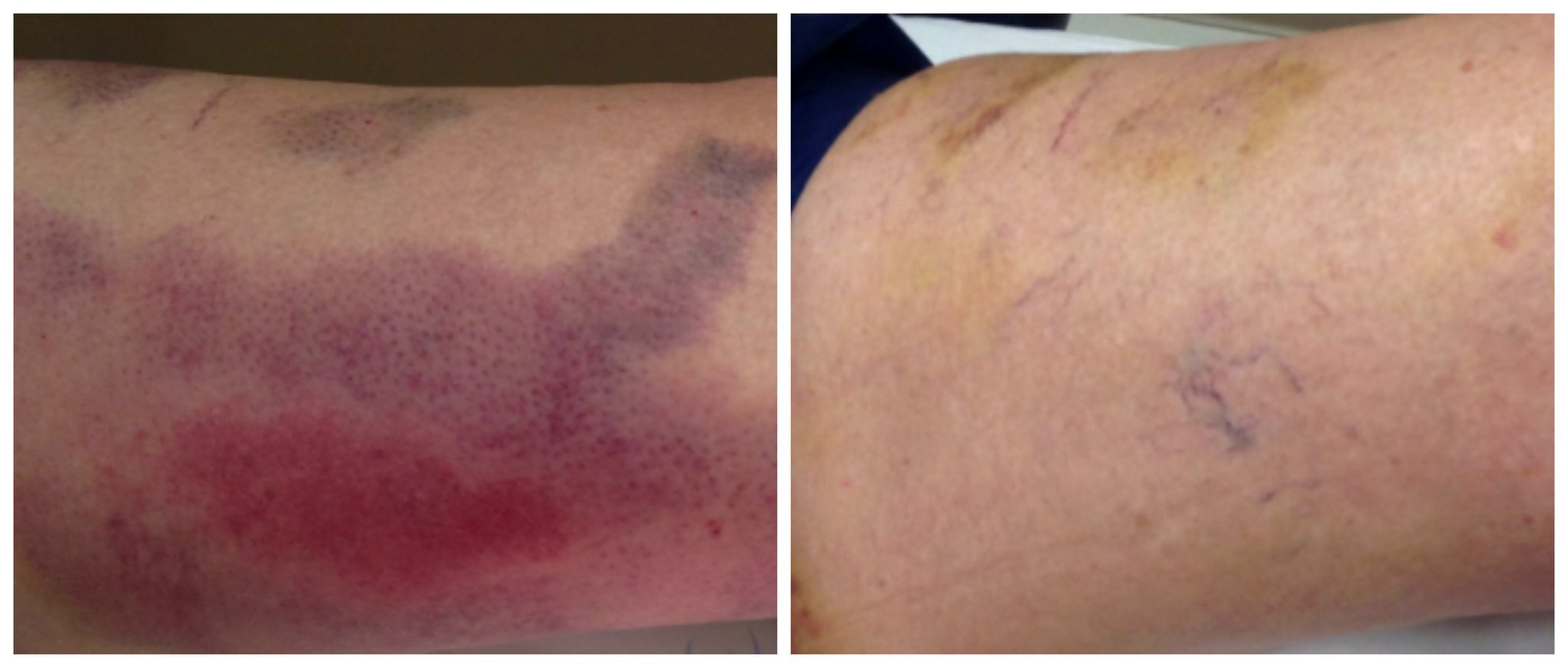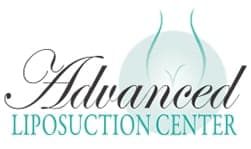Dermaka All-Natural Skin Cream: does using a “scar cream” after surgery really help?
People get cosmetic surgery to look better, period. Visible scars aren’t part of an ideal outcome, and the shorter the healing time the better. Naturally, any person who goes through the discomfort, inconvenience, and expense of surgery will want the best after-care they can get. After all, why go through all that trouble just to take shortcuts in the final stage of your procedure—the healing phase.
A quick internet search will reveal literally hundreds of creams, lotions, and serums meant for surgical after-care. These are sometimes known as “scar creams,” and for the most part these products claim to accomplish similar goals. Specifically, reduced inflammation, a shorter healing time, and less (or no) visible scarring. Yet do any of these products really work?
Topical health and beauty products
The simplest answer is “yes, but it depends on the product.” As with many topical health and beauty products, there’s a lot of “snake oil” out there. This is largely a reflection of not what these creams actually are, but of what they are not. A topical skin cream which doesn’t contain pharmaceutical drugs simply isn’t regulated like other medical products and services. Think oral prescription medications you take into your body, or surgical procedures which break the skin. These are, understandably, heavily regulated. Skin creams are different. They don’t enter the body or break the skin, ergo they’re not nearly as heavily regulated. What this means for you is that some products don’t do much, or even anything at all.
Scar Reduction

Yet some products do work. They’re effective because they contain premium, time-tested ingredients which really can make a difference in the healing process. Here we’ll examine one such ultra-premium product that can reliably shorten healing times in most patients. It also offers substantial relief of pain, swelling, and redness due to its potent anti-inflammatory effects. As for scar reduction, this depends on the patient. Some naturally produce an abundance of scar tissue, while others don’t. Yet it can be said that Dermaka promotes a more ideal environment for healing skin. One of the multiple ways this is accomplished is increasing the production of new, healthy collagen. It is due to these factors that Dermaka can indirectly reduce visible scarring after a surgical procedure. The underlying idea is quite simple. Faster, more complete healing can lead to the production of more healthy tissue and less scar tissue.
Is it safe to use over-the-counter scar removal creams or ointments?
The safety and effectiveness of over-the-counter (OTC) scar removal creams or ointments can vary depending on the product and individual circumstances. Some OTC scar removal creams contain ingredients like silicone, vitamin E, or various botanical extracts, which are believed to promote scar healing and reduce the appearance of scars.
In general, OTC scar removal creams are considered safe for most people to use as they are available without a prescription. However, it’s essential to keep the following points in mind:
- Patch Test: Before applying the cream to a large area, perform a patch test on a small portion of the skin to check for any allergic reactions or irritation.
- Fresh Wounds: OTC scar creams should only be applied to fully healed wounds and not on open or actively healing wounds.
- Consistency and Patience: Results from OTC scar creams may take time and consistent application. It’s important to follow the product’s instructions and be patient with the process.
- Scar Type: Not all scars may respond to OTC creams, especially in the case of severe scars or keloids. In such instances, professional treatments may be more effective.
- Individual Response: Different people may respond differently to OTC scar creams. What works well for one person may not have the same effect on another.
- No Guarantees: OTC scar creams may not completely remove scars but may help improve their appearance.
Can scars be itchy or painful, and is this normal?
Yes, scars can be itchy or painful, and this is considered normal during the healing process. Itchiness is often a result of the scar tissue forming and nerve regeneration. Pain can occur due to inflammation or sensitivity in the scar area. However, if the itching or pain is severe, prolonged, or accompanied by other concerning symptoms, it’s best to consult a healthcare professional for evaluation and appropriate management.
